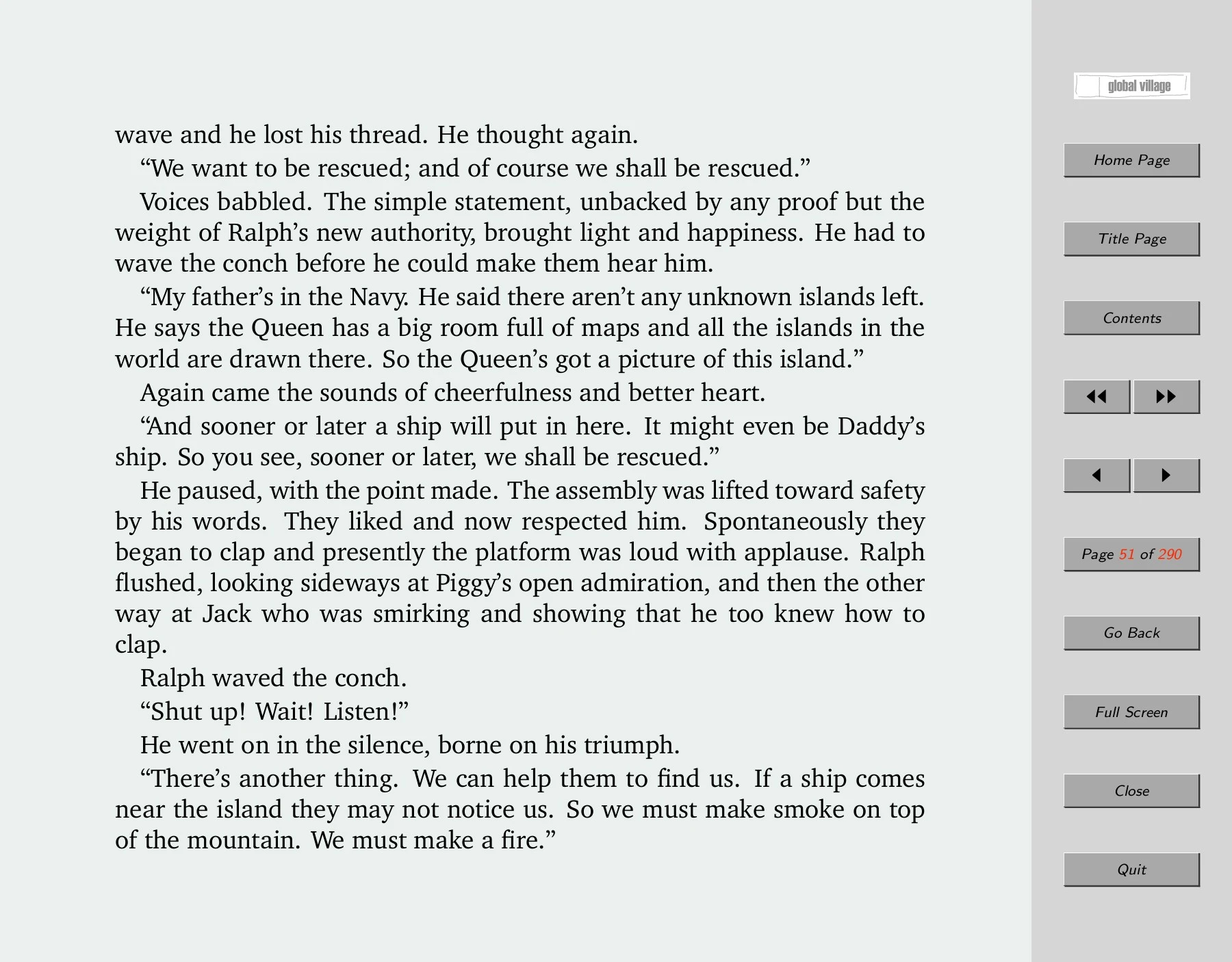The Enduring Relevance of Lord of the Flies

Introduction
‘Lord of the Flies’ by William Golding, published in 1954, remains a pivotal piece of literature that examines the complexities of human nature and societal structures. Its exploration of human instinct, morality, and civilization is increasingly relevant in today’s world, offering insights into the darkness that can prevail in the absence of societal norms.
Thematic Overview
The novel follows a group of boys stranded on an uninhabited island, who attempt to govern themselves with disastrous consequences. Golding’s narrative highlights the inherent savagery within humanity, derailing the notion of an idyllic society. Key themes include the loss of innocence, the duality of human nature, and the struggle between civilization and barbarism.
Loss of Innocence
As the boys descend into chaos, their initial attempts to establish order through democratic means devolve into primal instincts. This loss of innocence serves as a stark reminder of how quickly societal constructs can crumble under pressure. Current global events, from political unrest to societal division, echo these themes, demonstrating that the struggle between civility and savagery remains pertinent.
Human Nature and Society
Golding’s portrayal of human nature challenges the idea of inherent goodness, provoking readers to reflect on their moral foundations. The characters symbolize different aspects of society: Ralph as order and leadership, Jack as chaos and tyranny, and Piggy representing intellect and rational thought. This dichotomy is reflected in contemporary societal conflicts, making the novel a lens through which to understand our world today.
Impact and Adaptations
‘Lord of the Flies’ has inspired numerous adaptations, including films and stage productions, each reinterpreting Golding’s themes for modern audiences. These interpretations continue to spark discussions about society, governance, and morality, highlighting the timeless nature of the text.
Conclusion
In conclusion, ‘Lord of the Flies’ is more than a tale of boys lost on an island; it is a profound commentary on human nature and society. Its themes resonate with contemporary issues, urging readers to critically examine the balance of power, morality, and humanity within themselves and the world around them. As society grapples with challenges that echo Golding’s narrative, the significance of ‘Lord of the Flies’ will undoubtedly endure, reminding us of the thin veneer of civilization and the constant struggle against our darker instincts.
